The Intel 9th Gen Review: Core i9-9900K, Core i7-9700K and Core i5-9600K Tested
by Ian Cutress on October 19, 2018 9:00 AM EST- Posted in
- CPUs
- Intel
- Coffee Lake
- 14++
- Core 9th Gen
- Core-S
- i9-9900K
- i7-9700K
- i5-9600K
Test Bed and Setup
As per our processor testing policy, we take a premium category motherboard suitable for the socket, and equip the system with a suitable amount of memory running at the manufacturer's maximum supported frequency. This is also typically run at JEDEC subtimings where possible.
It is noted that some users are not keen on this policy, stating that sometimes the maximum supported frequency is quite low, or faster memory is available at a similar price, or that the JEDEC speeds can be prohibitive for performance. While these comments make sense, ultimately very few users apply memory profiles (either XMP or other) as they require interaction with the BIOS, and most users will fall back on JEDEC supported speeds - this includes home users as well as industry who might want to shave off a cent or two from the cost or stay within the margins set by the manufacturer. Where possible, we will extend out testing to include faster memory modules either at the same time as the review or a later date.
| Test Setup | |||||
| Intel 9th Gen | i9-9900K i7-9700K i5-9600K |
ASRock Z370 Gaming i7** |
P1.70 | TRUE Copper |
Crucial Ballistix 4x8GB DDR4-2666 |
| Intel 8th Gen | i7-8086K i7-8700K i5-8600K |
ASRock Z370 Gaming i7 |
P1.70 | TRUE Copper |
Crucial Ballistix 4x8GB DDR4-2666 |
| Intel 7th Gen | i7-7700K i5-7600K |
GIGABYTE X170 ECC Extreme |
F21e | Silverstone* AR10-115XS |
G.Skill RipjawsV 2x16GB DDR4-2400 |
| Intel 6th Gen | i7-6700K i5-6600K |
GIGABYTE X170 ECC Extreme |
F21e | Silverstone* AR10-115XS |
G.Skill RipjawsV 2x16GB DDR4-22133 |
| Intel HEDT | i9-7900X i7-7820X i7-7800X |
ASRock X299 OC Formula |
P1.40 | TRUE Copper |
Crucial Ballistix 4x8GB DDR4-2666 |
| AMD 2000 | R7 2700X R5 2600X R5 2500X |
ASRock X370 Gaming K4 |
P4.80 | Wraith Max* | G.Skill SniperX 2x8 GB DDR4-2933 |
| AMD 1000 | R7 1800X | ASRock X370 Gaming K4 |
P4.80 | Wraith Max* | G.Skill SniperX 2x8 GB DDR4-2666 |
| AMD TR4 | TR 1920X | ASUS ROG X399 Zenith |
0078 | Enermax Liqtech TR4 |
G.Skill FlareX 4x8GB DDR4-2666 |
| GPU | Sapphire RX 460 2GB (CPU Tests) MSI GTX 1080 Gaming 8G (Gaming Tests) |
||||
| PSU | Corsair AX860i Corsair AX1200i |
||||
| SSD | Crucial MX200 1TB | ||||
| OS | Windows 10 x64 RS3 1709 Spectre and Meltdown Patched |
||||
| *VRM Supplimented with SST-FHP141-VF 173 CFM fans ** After Initial testing with the ASRock Z370 motherboard, we noted it had a voltage issue with the Core 9th Gen processors. As a result, we moved to the MSI MPG Z390 Gaming Edge AC for our power measurements. Benchmarking seems unaffected. |
|||||
We must thank the following companies for kindly providing hardware for our multiple test beds. Some of this hardware is not in this test bed specifically, but is used in other testing.


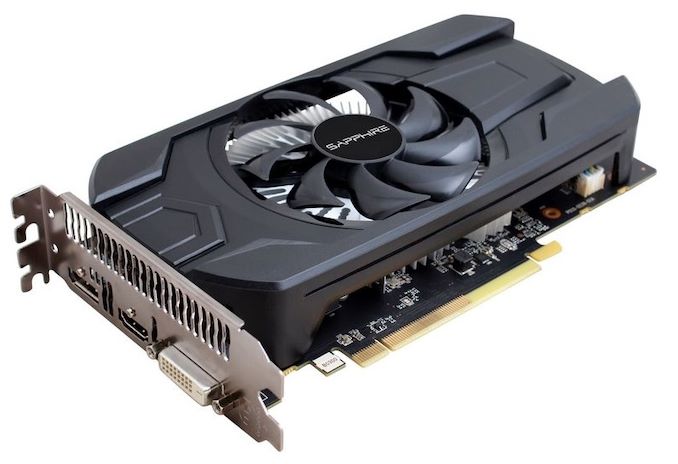
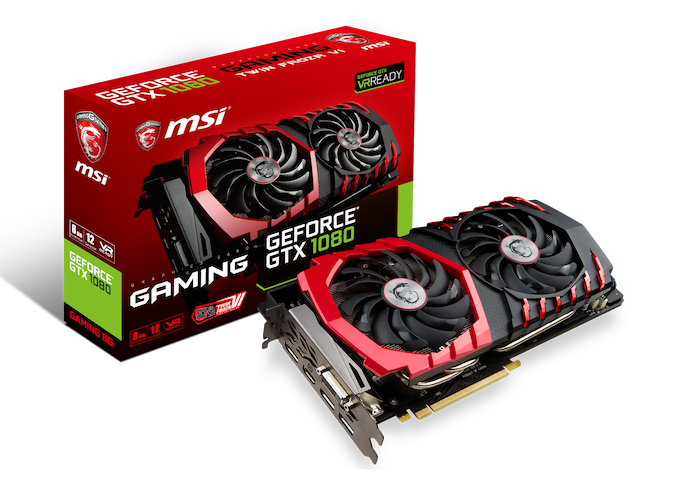
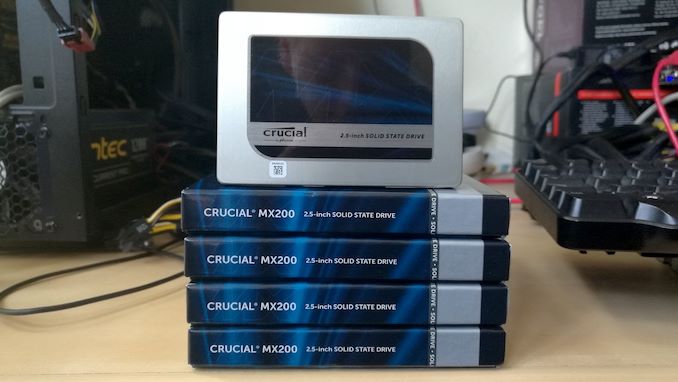
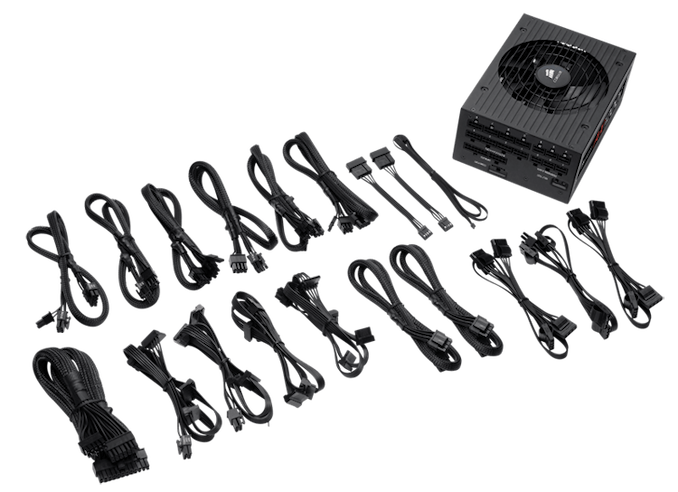
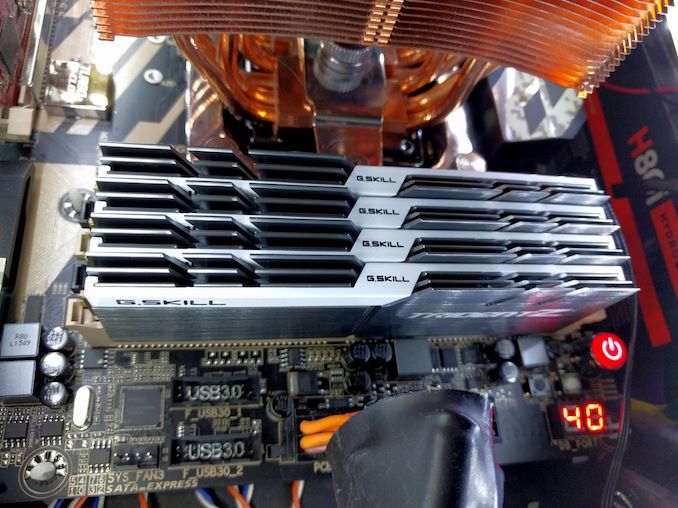
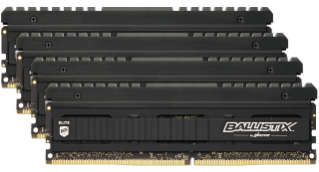
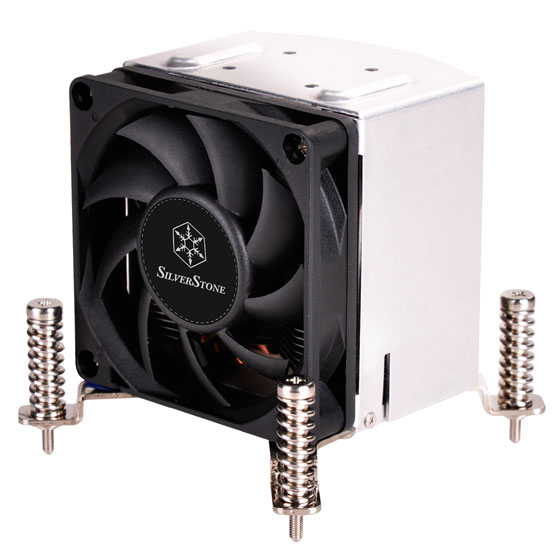
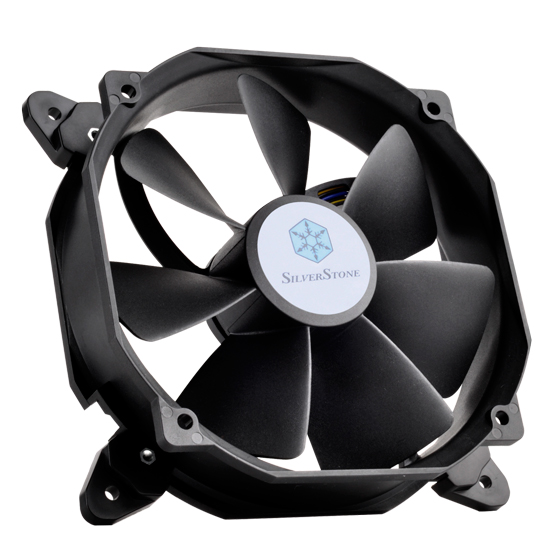








274 Comments
View All Comments
ChefJoe - Friday, October 19, 2018 - link
I have two wants.1 - I really want to see the overclocked 9600k vs overclocked 8600k, as the chart differences of it in this early draft of your 9900k-focused review are likely the wildly different clock speeds of the 86 and 96 parts.
2 - I still want to hear what happens when you drop one of these refresh parts in an older z370 board with an older bios. Do boards that were ok with 8600k refuse to boot a 9600k?
ChefJoe - Friday, October 19, 2018 - link
ack, 9700k-focused at this point. The 9900k overclock part of the review (and presumably 9600k eventually) is still pending.Ghan - Friday, October 19, 2018 - link
My plan was to upgrade from my current i7 6700k to the i7 9700k, and this article seems to confirm that my plan is a decent one. Doubling the core count from 4 to 8 is a decent value. I don't really see the point in paying an extra $100+ just for HT and slightly more cache.This release seems a bit tarnished by the fact that it is still the same process node we've had for years now. Addition of cores is great, but it's not without some cost. Still, perhaps we wouldn't even have this improvement if it weren't for AMD's strong return to the enthusiast CPU market. Hopefully the next year will be even more interesting.
Arbie - Friday, October 19, 2018 - link
"Addition of cores is great, but it's not without some cost. Still, perhaps we wouldn't even have this improvement if it weren't for AMD's strong return to the enthusiast CPU market."It's actually with a LOT of cost. And you should consider whom you're going to reward with your business: the big fat company that milked us for ten years and did everything legal and illegal to crush their competition, or the struggling firm that miraculously came from behind and reignited the market. Make your own choice, but if you buy Intel merely to have the fastest today, you're voting for sad tomorrows.
Lazlo Panaflex - Friday, October 19, 2018 - link
Well said, Arbie. Ryzen 2600 (non X) with decent stock cooler for $160 at Newegg = epic win.mapesdhs - Sunday, October 21, 2018 - link
My next new build will definitely be AMD. Looking forward to it.billin30 - Friday, October 19, 2018 - link
Maybe I am just slow in my upgrading, but my 4770k is still going strong. I am in the market for an upgrade, but I would like to see what sort of difference in performance I can expect. Its nice to see all the latest CPU's on this list, but you don't get a ton of deviation when you have CPU's that are so close in performance. It would interesting to see some benchmarks based on the previous generations top performing CPU's so we can see what sort of performance improvements we would get when moving up from past generations. I feel like a lot of people hang onto their core system components for many generations and it would be beneficial for those people to see these numbers.DanNeely - Friday, October 19, 2018 - link
This is a new set of CPU benchmarks and Ian hasn't had time to retest his other 50+ CPUs yet. From prior history that should happen as he has time and will show up as additional data points in bench.I don't think you're particularly slow about upgrading. For gaming purposes a high end CPU is reasonable to keep for 6-10 years now; possibly even a bit longer if you're only using a midrange GPU and are willing to accept the higher risk of having to build a new system with zero notice because something dies unexpectedly. I'm in a similar spot with my 4790k; and unless games needing more than 4/8 cores start becoming common am planning to keep it for at least 2 or 3 more years.
That should hopefully be long enough that Spectre stops generating frequent new exploits and mitigation is fully in hardware, that PCIe4 (or 5), DDR5, and significant numbers of USB-C ports are available. Also possibly out by then, widespread TB3, or DMI being less of a potential bottleneck on intel CPUs (either a major speedup or additional PCIe for SSDs on the CPU). Also by then either Intel should finally have it's manufacturing unfubarred or if not, AMD will likely have captured the single threaded performance crown while holding onto the multi-threaded one meaning I can have both the ST perf that many games still benefit from and the MT perf for my non-gaming uses that can go really wide.
wintermute000 - Saturday, October 20, 2018 - link
I'm haswell at 1440p too and the charts have confirmed that I'm holding on for another generation. No sense paying 1500 (32gb RAM) for a platform upgrade to get a few % more frames (and it's fine for my productivity tasks, still faster than new laptops lol)Icehawk - Saturday, October 20, 2018 - link
I only upgraded from my 4770 to an 8700 because my wife’s i5 4xxx rig died and it gave me an excuse to upgrade my encoding power. I see no difference gaming with a 970. Also I don’t notice increased performance really anywhere except encoding and decompressing during my daily use.